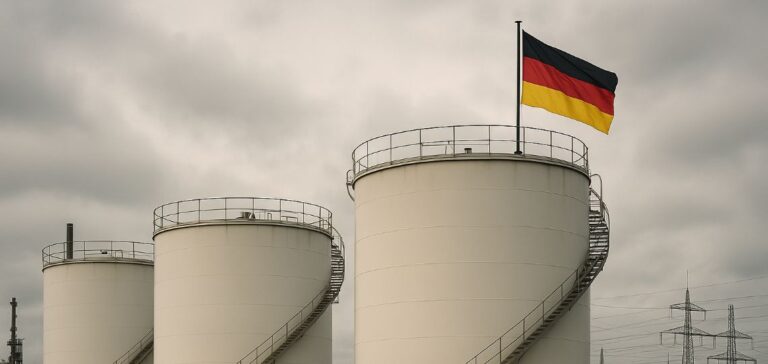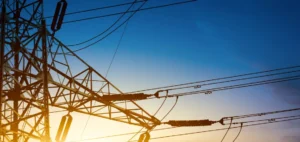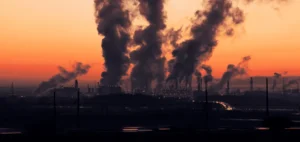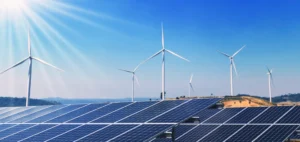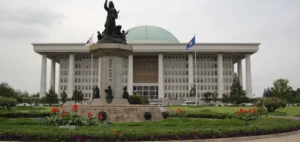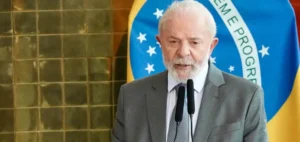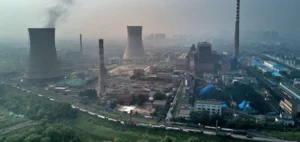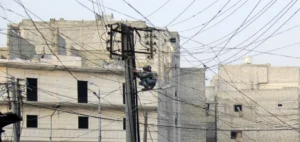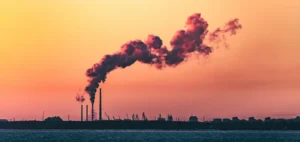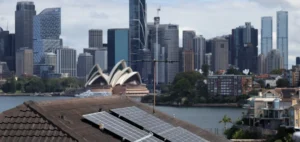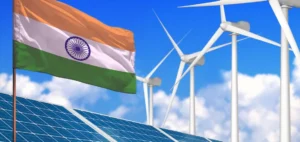Germany is shifting its energy strategy by emphasising greater diversification to secure supply. Federal Minister for the Economy Katherina Reiche has announced plans to build 20 gigawatts of natural gas-fired generation capacity by 2030 to counter the intermittency of renewable sources and ensure more stable prices for industry and households.
Priority given to grid reliability
Taking office after former Green minister Robert Habeck, Katherina Reiche of the Christian Democratic Union (CDU) criticised the limitations of a model based largely on wind and solar power. According to her statements reported by AFP on May 7, these sources do not guarantee stable year-round supply. The government now aims to favour a power mix capable of continuously meeting demand while keeping costs under control.
This policy shift comes in a context shaped by the ongoing energy crisis triggered in 2022 by the halt in Russian natural gas imports. Soaring prices have placed significant pressure on German industry, forcing some companies to reduce or temporarily suspend operations during periods of grid stress.
A shift backed by a new political framework
The coalition agreement between the CDU and the Social Democrats includes a commitment to expand dispatchable power generation, primarily through gas-fired plants. This strategy is presented as a response to price volatility in energy markets and the current infrastructure’s vulnerability to extreme or unexpected weather events.
The minister cited the blackout in the Iberian Peninsula at the end of April, which some experts linked to high reliance on renewables. The incident has been highlighted by Berlin as a warning, prompting efforts to avoid similar scenarios by strengthening system flexibility and grid resilience.
A ministry refocused on energy issues
Under Reiche’s leadership, the Ministry for the Economy is being renamed, with the climate reference introduced under Robert Habeck being removed in favour of an energy-focused title. A former executive at an E.ON subsidiary, Katherina Reiche also stated that Germany’s economy still rests on a solid industrial base, capable of recovery after two consecutive years of recession.
“Europe is watching us,” she said, highlighting the attention paid by European partners to how Germany intends to reconcile energy security, industrial competitiveness and price stability.


